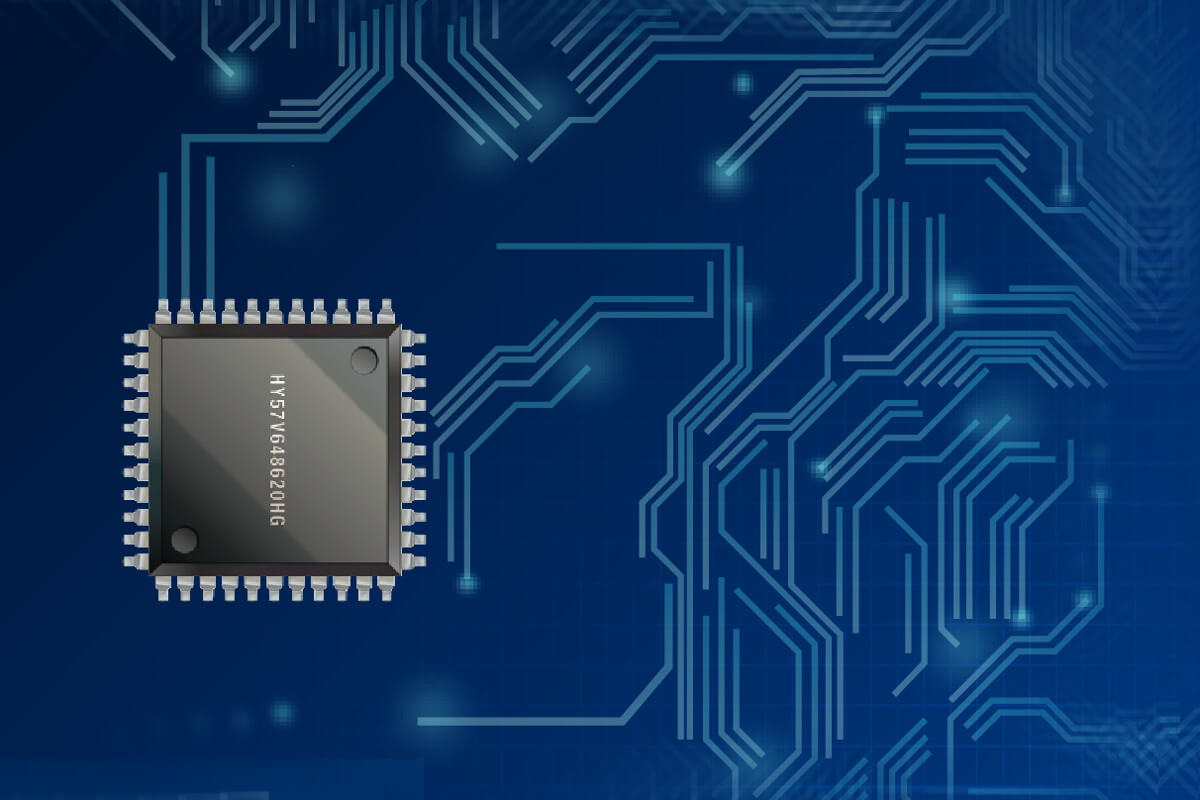This blog post is the second part of our thoughts on Machine Learning – making smart machines intelligent.
Data as an enterprise asset
Proprietary data of users has become an enterprise asset in sectors such as retail, travel, insurance, pharma & life sciences, and e-commerce where personal data related to lifestyle habits of people is integral to remain competitive. Furthermore, access to relevant user data has become imperative for many other sectors such as transportation and sports, which were not supposed to be data sensitive earlier.
Healthcare example
At the Vanderbilt University Medical Center in Nashville and St. Jude’s Medical Center in Memphis, doctors are receiving pop-up notifications in their devices based on patients’ data maintained at the hospital. For example, an alert may mention that a drug may not be effective for a particular patient due to a specific genetic trait. This enables doctors to administer customized medication to their patients. This process currently runs on a database that comprises over 16,000 medical records. “The algorithm is pretty good. It was smarter than my intuition,” says Dr. Joshua Denny, one of the researchers who developed the system.
Sports example
The development of the machine learning technology is also helping coaches and mentors in various sports to better understand the body patterns of players. Wearable devices such as smart watches can collate data related to heart, lungs, blood-pressure, and pulse rate of players, and can help coaches take better decisions. The technology enables coaches to better understand the physical endurance of players and helps reduce unnecessary cramps or injuries.
’Hello, Sir — what can I do for you?’
Amazon’s Alexa is a precursor to the limitless possibilities of the speech-to-text learning feature of AI. Artificial intelligence has made significant strides recently, powered by the deep neural networks technology. Gartner, in its research piece ‘Hype Cycle for Emerging Technologies, 2016’ highlights the machine learning technology as the most disruptive class of emerging technologies over the next decade. Radical computational power and unprecedented development in deep neural networks will cause further disruption. Machines are developing the capacity to adapt to changing situations; hence, enabling corporations to solve a range of complex problems.
The recent developments in neural networks have enabled computers to learn and change in the same manner as the human brain. The technology leverages a massive multilayer set, comprising billions of data points that run on complex mathematical rules — helping them predict intelligently.
Google Assistant works on Google’s neural network that simulates the way the human brain works and learns. By absorbing data, the neural network keeps developing better data processing capabilities and improves its analytical ability. Google Assistant also outsmarts Siri with better capability to answer simple questions. This is due to its better contextual brainpower algorithm.
Smart Algorithms Changing the face of industries
Smart machines will get better in performing desired tasks with every additional data record they process. This will directly affect some industries — both B2B and B2C.
-
Data security
The data security industry has already started using machine learning. Smart algorithms analyze patterns in the way users access data and report anomalies instantly to predict possible security breaches. For example, PayPal uses this technology to prevent financial fraud.
-
Financial trading
Stock trading firms are using proprietary systems to execute trades at high speeds. There is also a good chance that an AI algorithm will replace our human financial adviser. Apart from that, jobs such as loan officers, mortgage brokers, bank tellers, and insurance underwriters can also face disruption due to AI.
-
Healthcare
The healthcare sector is on the cusp of a major transformation. Artificial intelligence is used to understand the prevalence of different diseases. Sequencing of individual genomes and advances in AI will enable doctors to predict the probability of contracting a particular disease and suggest the most suitable medication. For instance, implantable medical devices have arrived as pharma’s next frontier.
-
Internet
Online search giants such as Google and Bing depend on highly complex machine learning algorithms. Each time we perform an online search, algorithms track how we respond to the search result. If we stay on the web page, it sends a positive signal. If we leave the page without any clicks, the search engine algorithm does not consider this as an appropriate result. This algorithm analyzes mistakes and keeps improving its performance.
-
Insurance
Insurance is another major industry that will witness disruption. An insurance company would certainly find it tempting to use data about policyholders’ heart rate, blood pressure, and other critical activity levels in the body. Their AI systems could use this data to create risk profiles of policyholders and determine personalized premiums.
Machine learning has proven its efficiency in handling predictive tasks, including forecasts of marketing outcomes and sales targets. Companies can analyze and process information in real time. Enterprises have understood that only those having access to the smartest technology and critical data will remain in the race. That is why leading corporations like Amazon, Google, IBM, and Microsoft are trying to transform their processes by integrating AI. These enterprises have an ambitious goal to build the smartest machines that can capture all human knowledge.
“Whoever wins this race will dominate the next stage of the information age,”
says Pedro Domingos, in his famous book ‘The Master Algorithm’.
This indeed seems true.









